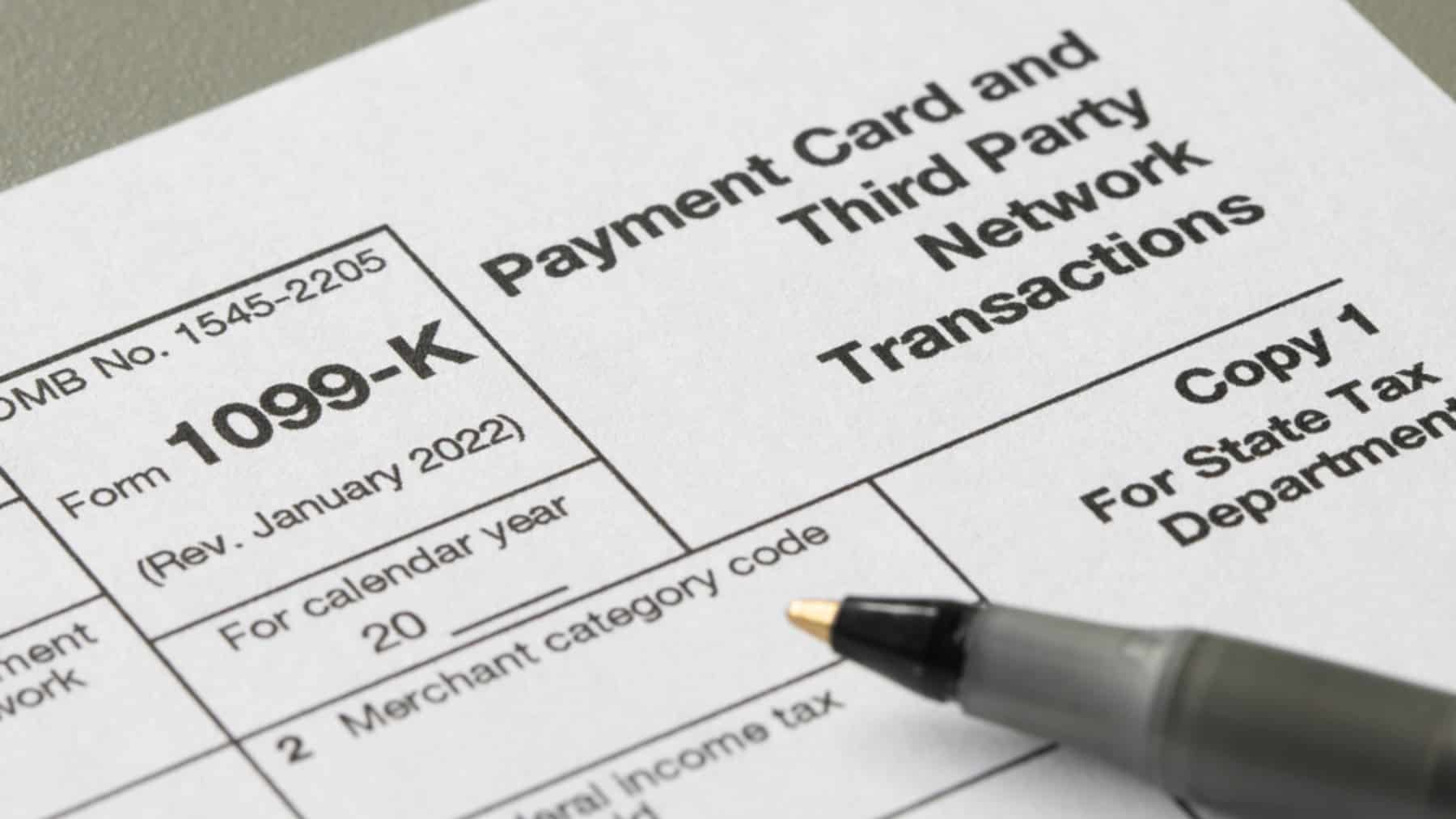Like Mitsubishi and Toyota’s defective airbag control units in the United States, which are facing a $78.5 damage award, Huyndai and Kia are in a similar situation. The class action lawsuit affects both brands for the discovery of airbag malfunctions in several models, which have resulted in collisions with these vehicles. It includes the Hyundai Sonata, Hyundai Kona, Hyundai Veloster, Kia Optima and Kia Sedona. These are parts supplied by ZF-TRW, which are to be replaced. Although the brands do not acknowledge any wrongdoing, they have agreed to pay $62.1M, as well as repairs, loan repayments and expenses resulting from this automotive safety event.
Hyundai and Kia
Both are well-known automotive manufacturing brands originating in South Korea. They are closely linked but operate as separate companies within the Hyundai Motor Group. Although both share technology and research, they have different product designs. Both are known for their reliability and quality, as well as for having adapted perfectly to the technological advances demanded by the market.
Class action lawsuit
Many current and former owners and even leasing customers have joined together to file a class action lawsuit against Hyundai and Kia as of April 14, 2025. The lawsuit alleges that certain vehicles were equipped with a defective part; the airbag, no less. It is the ZF-TRW airbag which, according to those affected, did not work properly at the time of the collision, and caused the airbags to fail at the moment they were most needed. Some of the affected models are Hyundai Sonata, Kona and Veloster and Kia Optima and Sedona, among many others.
What do the accused brands have to say?
Both Hyundai and Kia deny any wrongdoing, but have nevertheless agreed to settle the lawsuit for a total of $62.1 million. Under the terms of the lawsuit, that total will be used to:
- Those affected to receive reimbursement for expenses related to the recall of the defective part.
- Replacement rental car expenses.
- Towing expenses.
- Child care expenses.
- Repair expenses.
- Reimbursement for lost wages.
- Residual payments of up to $350 for recalled vehicles and $150 for non-retired vehicles.
In addition, they will also offer a new warranty for recalled vehicle parts, an inspection program, an extension to increase recall completion rates and a full reimbursement program for the cost of leased cars or loans taken out to purchase the vehicle.
What´s next?
Although the date of the final approval hearing is set for September 29, 2025, those affected have until August 25 in case they wish to file any objections. Those affected who agree and want to receive the corresponding benefits must file a valid claim form by March 29, 2027.
Which models are elegible?
These benefits do not apply to any model or owner of a vehicle of these brands. Owners and leasing customers who have owned any of these models between 2011-2019, are eligible for these benefits:
- Hyundai Sonata.
- 2011-2019 Hyundai Sonata Hybrid.
- 2018-2023 Hyundai Kona.
- 2022-2023 Hyundai Kona N.
- 2019-2021 Hyundai Veloster.
- 2010-2013 Kia Forte.
- 2010-2013 Kia Forte Koup.
- 2011-2020 Kia Optima.
- 2011-2016 Kia Optima Hybrid.
- 2011-2012, 2014 Kia Sedona who owned or leased a vehicle as of April 14, 2025.
Other class action law suits
This is neither the first nor the last time this type of class action lawsuit has occurred, unfortunately. The well-known brands Mitsubishi and Toyota have also been involved. Apparently, Toyota was the supplier of the airbag parts, which also turned out to be defective. As a result, a settlement of $8.5 million was reached for those affected, although claims and objections are still valid today.




